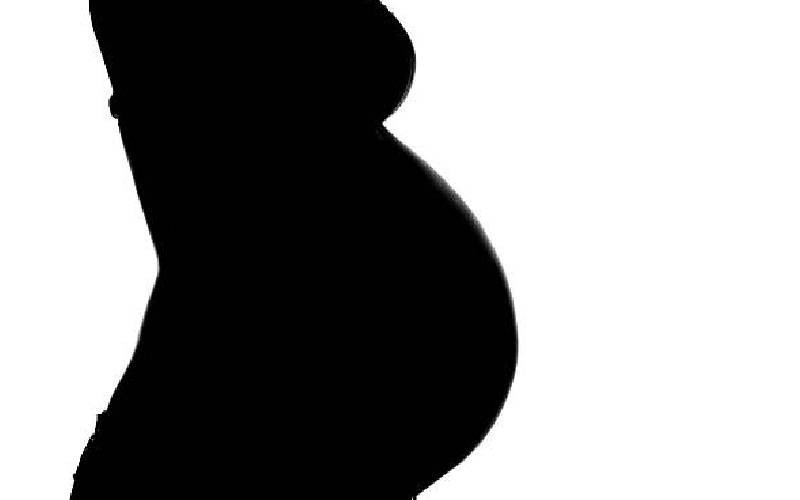×
The Standard e-Paper
Smart Minds Choose Us

Joyce Aluoch got pregnant in 2004. She was a student at the time and living with her parents. When she told her boyfriend about the pregnancy, he denied responsibility and abandoned her.
After four months, she decided to terminate the pregnancy. She was referred by a friend to a traditional medicine woman, who performed a procedure on her and left her bleeding profusely.